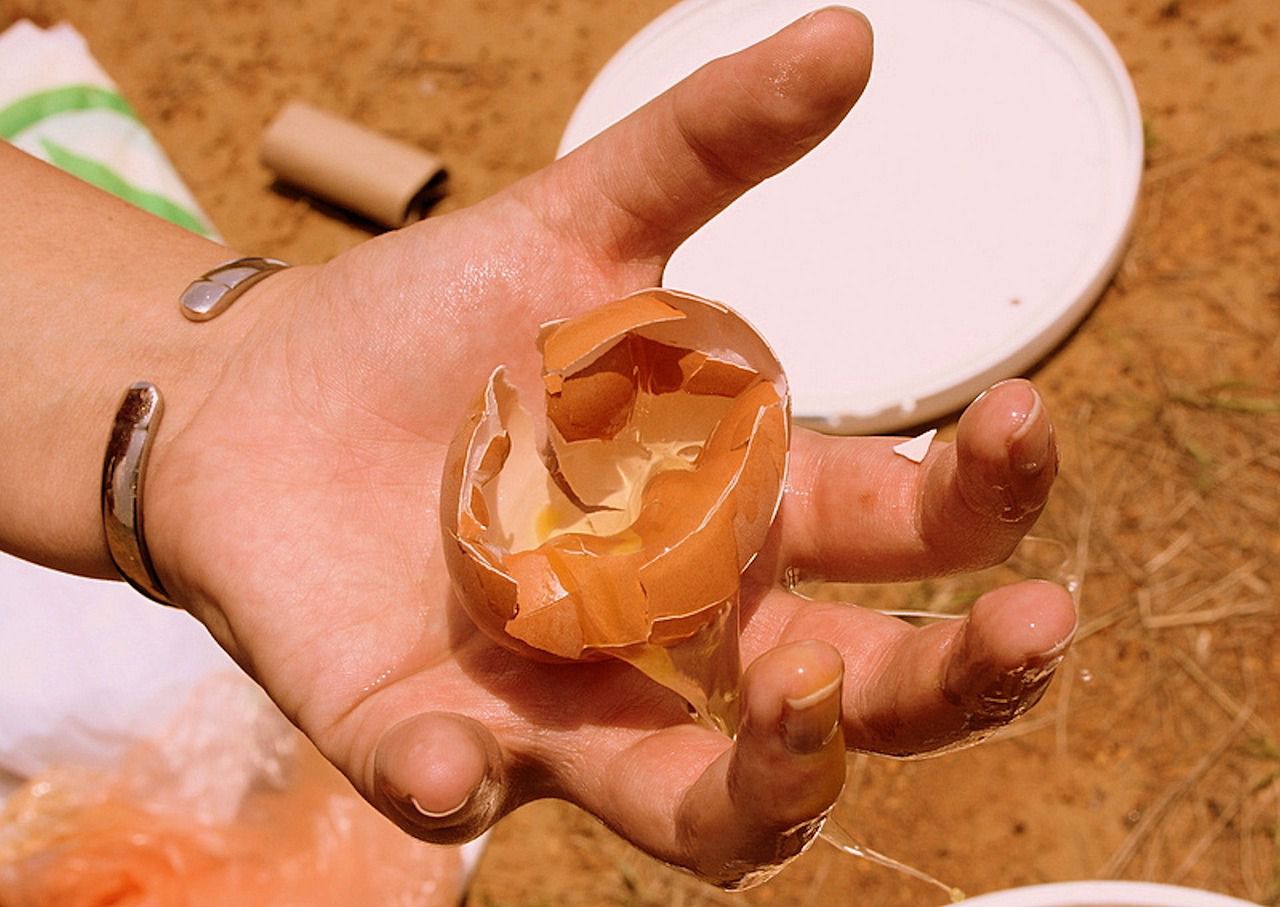It's unbelievable how much food waste an average American family produces in a year.
Minimizing food waste while cooking is not only environmentally responsible but can also save you money.
Here are some tips on how to cook to minimize food waste.
Meal Planning
Plan your meals for the week before you go grocery shopping.
This will help you buy only what you need and reduce the chances of buying items that might go to waste.

Check Your Pantry and Fridge
Before shopping, take inventory of what you already have.
This prevents you from buying duplicate items and helps you use up ingredients that are close to their expiration date.
Buy in Smaller Quantities
When possible, buy fresh produce, dairy, and other perishables in smaller quantities, especially if you don't use them often.
This reduces the likelihood of them going bad before you can use them.
Proper Storage
Learn how to store different types of food properly.
Keep items like fruits, vegetables, and herbs in the right conditions to extend their shelf life.
Use Leftovers Creatively
Get creative with using leftovers.
For instance, leftover cooked vegetables can be used in soups, stir-fries, or omelets.
Leftover proteins can be turned into sandwiches, wraps, or salads.
Use Scraps
Many vegetable scraps can be used to make stocks, soups, or sauces.
For example, onion skins, carrot peels, and herb stems can add flavor to broths.
Freezing
If you have extra food that you won't be able to use in the immediate future, consider freezing it.
Properly packaged and labeled frozen items can extend their usability.
Portion Control
Serve reasonable portions to avoid excess leftovers on plates.
You can always offer seconds if needed.









